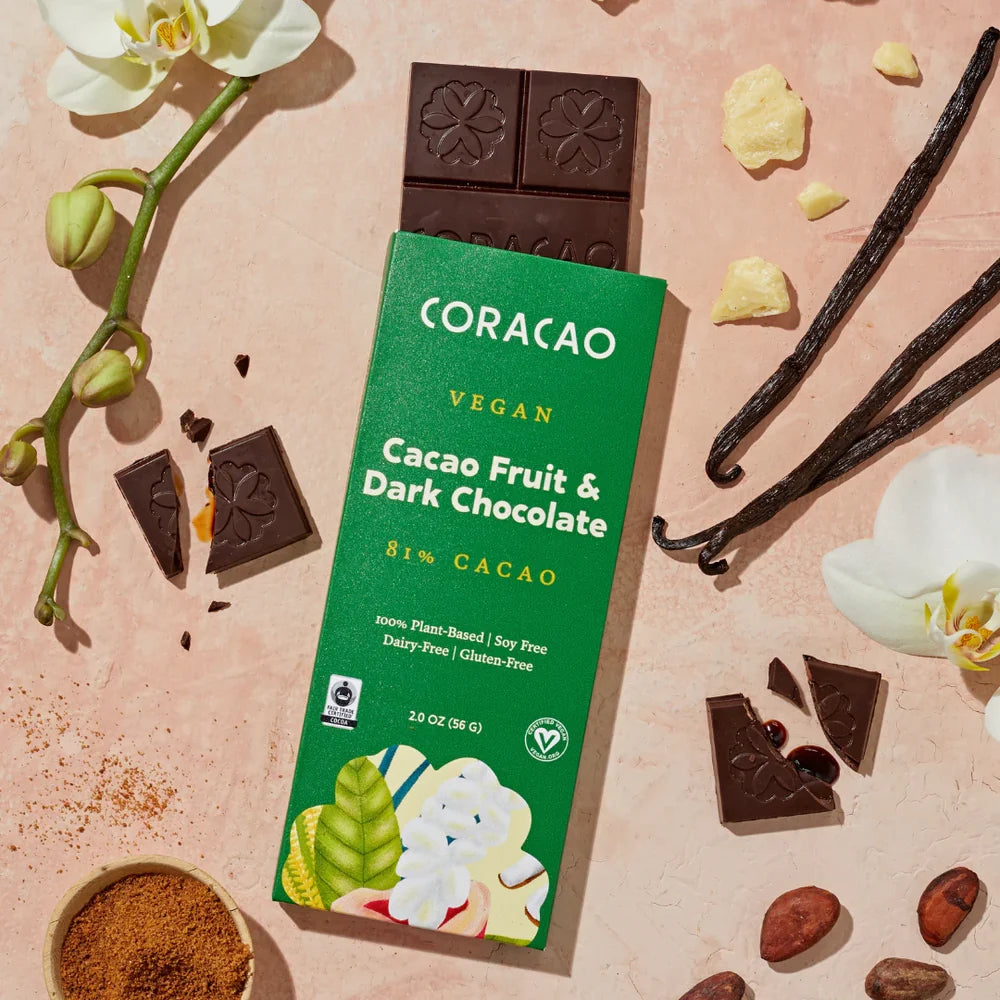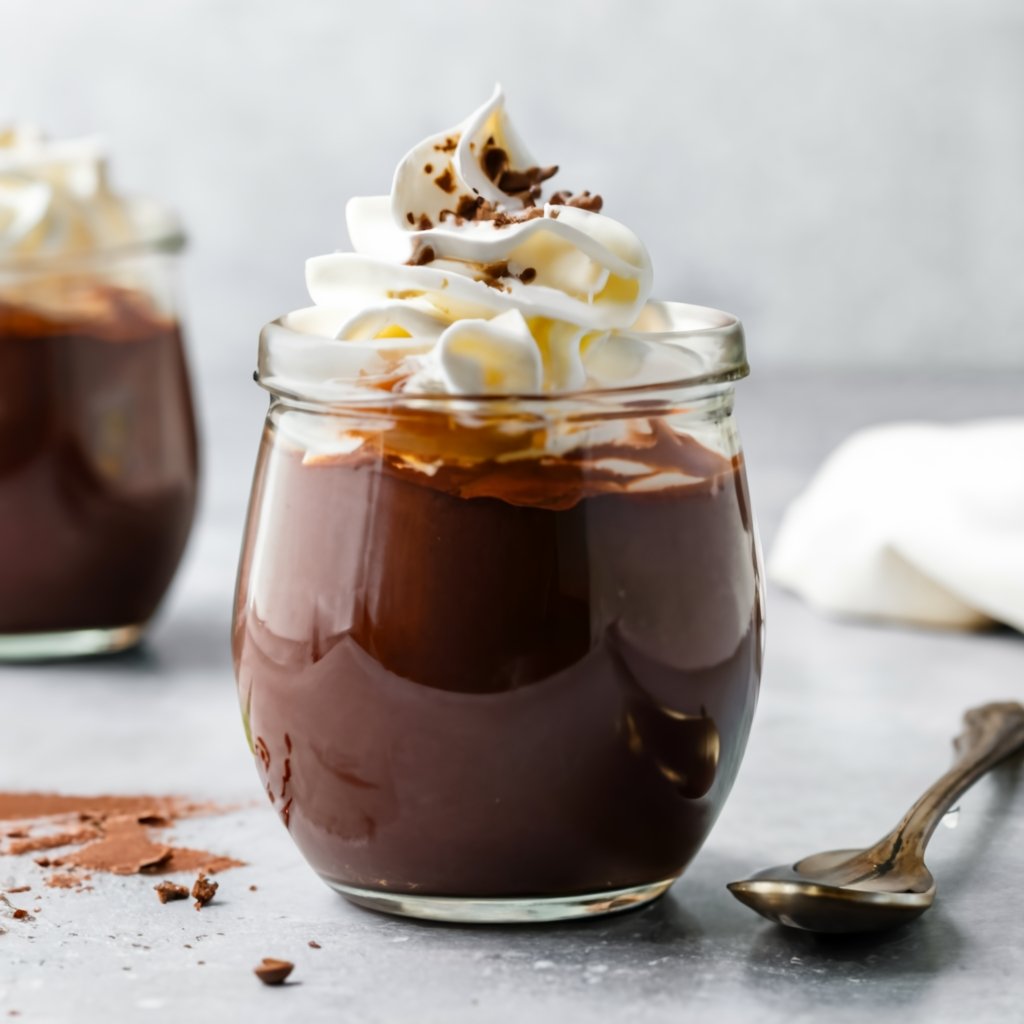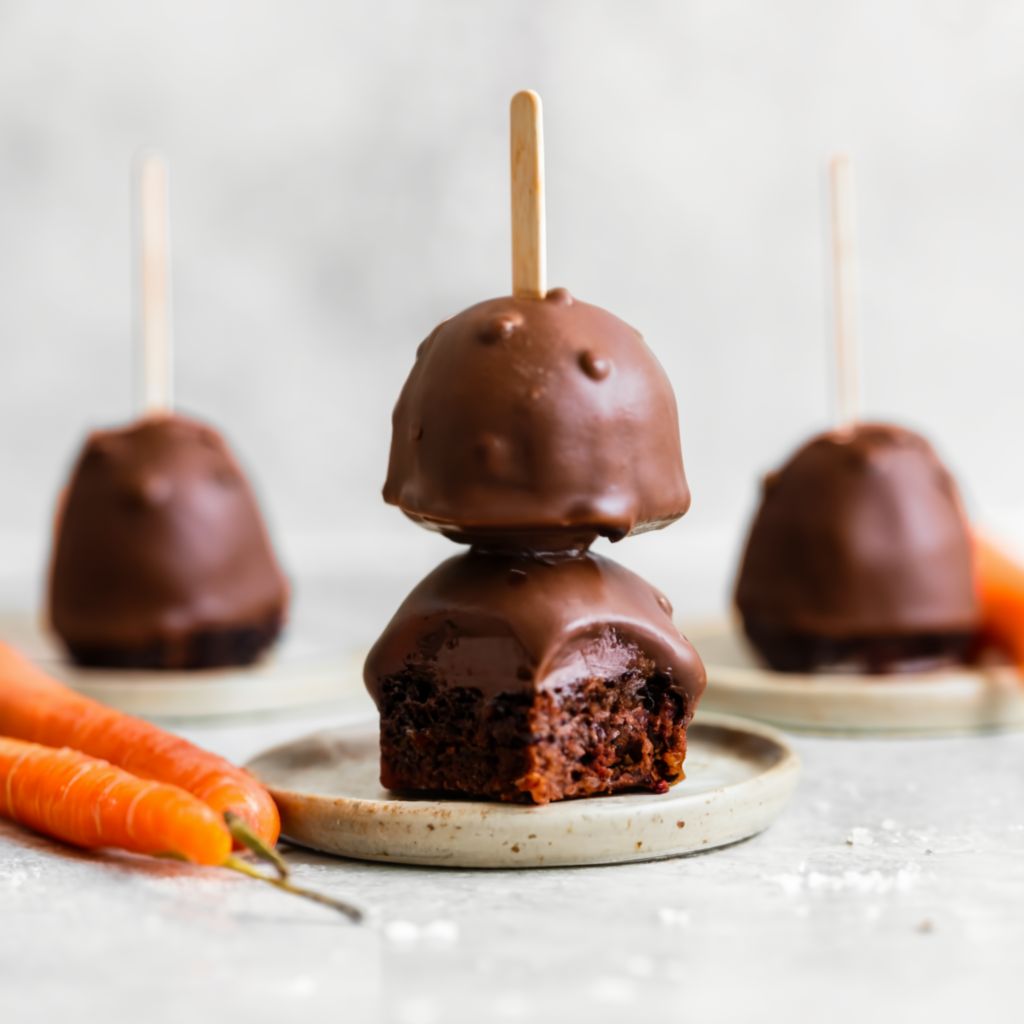
Is Dark Chocolate Vegan? Unwrapping the Sweet Truth
Dark chocolate has long been celebrated for its rich flavor and potential health benefits, making it a favorite treat for many. However, as more people adopt plant-based lifestyles, the question arises: Is dark chocolate vegan? In this blog post, we'll delve into the intricacies of dark chocolate production, exploring the ingredients and processes involved to determine whether this delectable delight aligns with a vegan diet.
Spoiler alert: ALL of our chocolate is vegan, and our facility is entirely vegan so there is no risk of cross-contamination. Vegans & plant-based friends need not worry 🙂
Ingredients in Dark Chocolate:
To answer the vegan question, we must first examine the typical ingredients found in dark chocolate. The primary components include cocoa solids, cocoa butter, sugar, and often vanilla. Let's break down these ingredients to understand their vegan status.
- Cocoa: Cocoa solids are derived from roasted cocoa beans and are responsible for the distinct chocolate flavor. Luckily for vegans, cocoa solids are plant-based and cruelty-free, making them a safe choice.
- Cocoa Butter: Cocoa butter, another key ingredient in dark chocolate, is a fat extracted from cocoa beans. It is entirely plant-based and vegan-friendly.
- Sugar: While sugar is a common ingredient in dark chocolate, its vegan status can vary. Traditional white sugar may be processed using bone char, which is derived from animal bones. To ensure your dark chocolate is truly vegan, opt for brands that use organic or unrefined sugars. We use coconut sugar in most of our products, and allulose in our sugar-free products - both of these are vegan-friendly options!
- Vanilla: Vanilla is generally vegan, but it's crucial to check the label as some chocolates may use synthetic vanillin or additives that aren't plant-based. Once again, we only use
Is this true for all chocolate companies?
Not necessarily! One potential stumbling block for vegans is the presence of milk in certain dark chocolates. Some manufacturers include milk powder or other dairy derivatives to create a creamier texture. At coracao, we use coconut milk to add creaminess to our Quinoa Crunch Bar & Sugar-Free Coconut Milk Chocolate Bar. This is why it’s important to check for a Vegan certification when purchasing a bar. 
Cross-Contamination Concerns:
In large-scale chocolate production facilities, cross-contamination is a possibility. Shared equipment used for both dark and milk chocolate may lead to trace amounts of dairy in the final product. If you have severe allergies or adhere to a strict vegan lifestyle, consider choosing dark chocolates explicitly labeled as "dairy-free" or "vegan" to minimize the risk of cross-contamination. Lucky for you, our facility is 100% vegan, so you never have to worry about cross contamination for serious dairy or egg allergies.
In conclusion, dark chocolate can indeed be vegan, but it's essential to scrutinize the ingredients and choose wisely. Look for chocolates with high cocoa content, no dairy additives, and preferably organic or unrefined sugars. The next time you indulge in a Coracao dark chocolate bar, savor the knowledge that you can enjoy this decadent treat while staying true to your vegan principles.



Leave a comment
This site is protected by hCaptcha and the hCaptcha Privacy Policy and Terms of Service apply.